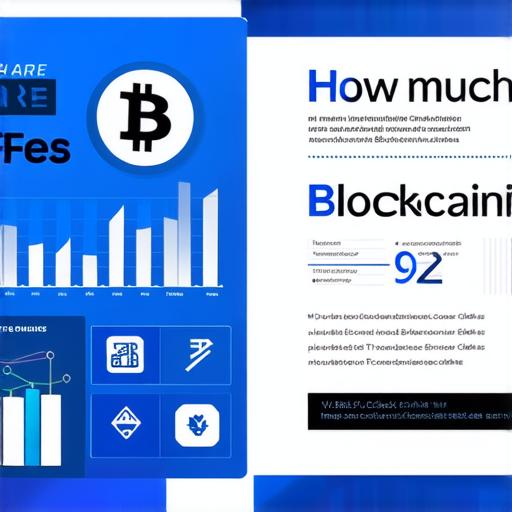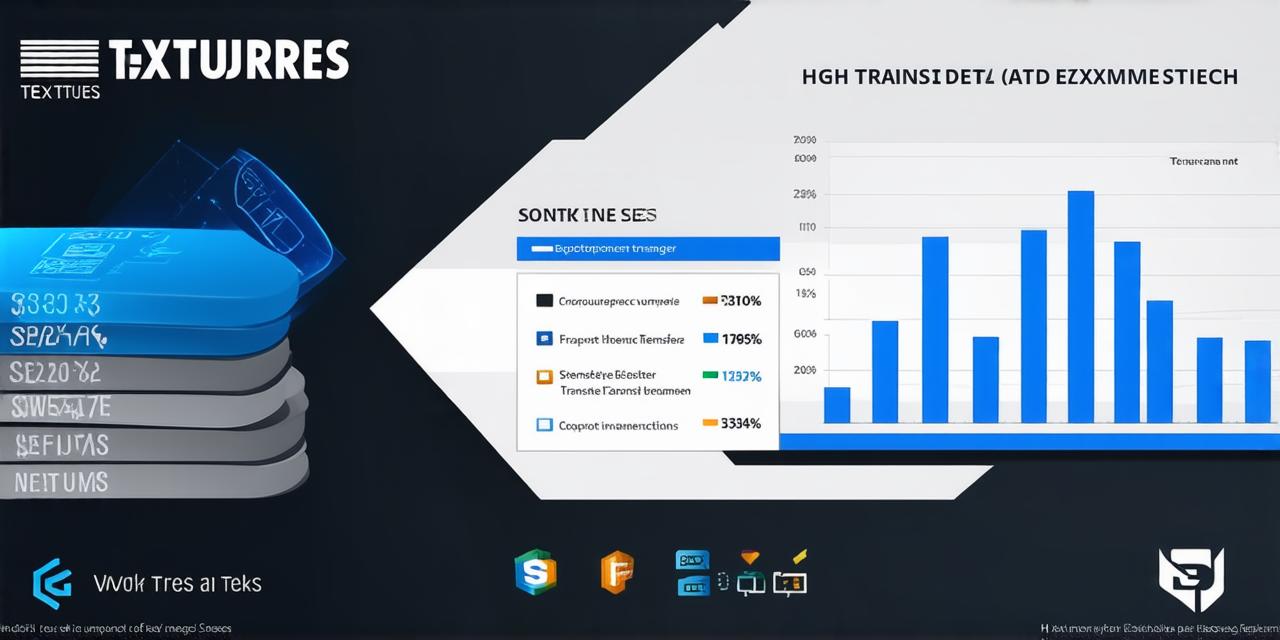How much are blockchain fees
Understanding Blockchain Fees
Blockchain fees are the costs associated with sending transactions on a blockchain network. These fees are charged by miners who validate transactions and add them to the blockchain. The primary reason behind these fees is to incentivize miners to secure the network and maintain its integrity.
Types of Blockchain Fees
There are two main types of blockchain fees:

1. Transaction fees
These are the most common type of blockchain fees and are paid by the sender of a transaction. The fee is calculated based on the amount being transferred, as well as the complexity of the transaction.
2. Gas fees
These are fees paid to miners for validating transactions and adding them to the blockchain. Gas fees are paid in the cryptocurrency used in the network, such as Ether in the Ethereum network or Bitcoin in the Bitcoin network.
Factors Affecting Blockchain Fees
Several factors affect blockchain fees, including:
- Network congestion – When the network is congested, miners have to compete for block space, leading to an increase in fees.
- Transaction complexity – Transactions with more data or greater complexity will require more computing power, resulting in higher fees.
- Transaction volume – The more transactions being processed on a network, the higher the fees.
- Time of day – Fees can vary based on the time of day, with peak hours leading to higher fees.
- User behavior – Users who frequently initiate transactions may be charged higher fees due to their frequent activity.
Case Studies: Blockchain Fees in Practice
Let’s take a look at some real-life examples of blockchain fees and how they have affected users.
1. Bitcoin network congestion
In 2017, the Bitcoin network experienced severe congestion during the holiday season, leading to increased transaction fees. Users were charged as much as $50 for a single transaction, which made it impractical for many to send or receive Bitcoin.
2. Ethereum gas fees
In 2018, the Ethereum network experienced a surge in popularity, resulting in high gas fees. At one point, gas fees reached $20 per transaction, making it difficult for users to use the network for everyday transactions.
3. Stablecoin transaction fees
Stablecoins, which are designed to be more stable than traditional cryptocurrencies, have lower transaction fees compared to other cryptocurrencies. For example, USDT (Tether) charges a fee of just 0.01% per transaction, making it an attractive option for users who need to send small amounts of money quickly.
FAQs: Blockchain Fees
1. What are blockchain fees?
Blockchain fees are the costs associated with sending transactions on a blockchain network. They are paid by miners who validate transactions and add them to the blockchain. The primary reason behind these fees is to incentivize miners to secure the network and maintain its integrity.
2. How do blockchain fees work?
Blockchain fees are calculated based on several factors, including the amount of data being transferred, the complexity of the transaction, and the current network congestion. Transactions with more data or greater complexity will require more computing power, resulting in higher fees. Similarly, when the network is congested, miners have to compete for block space, which leads to an increase in fees.



